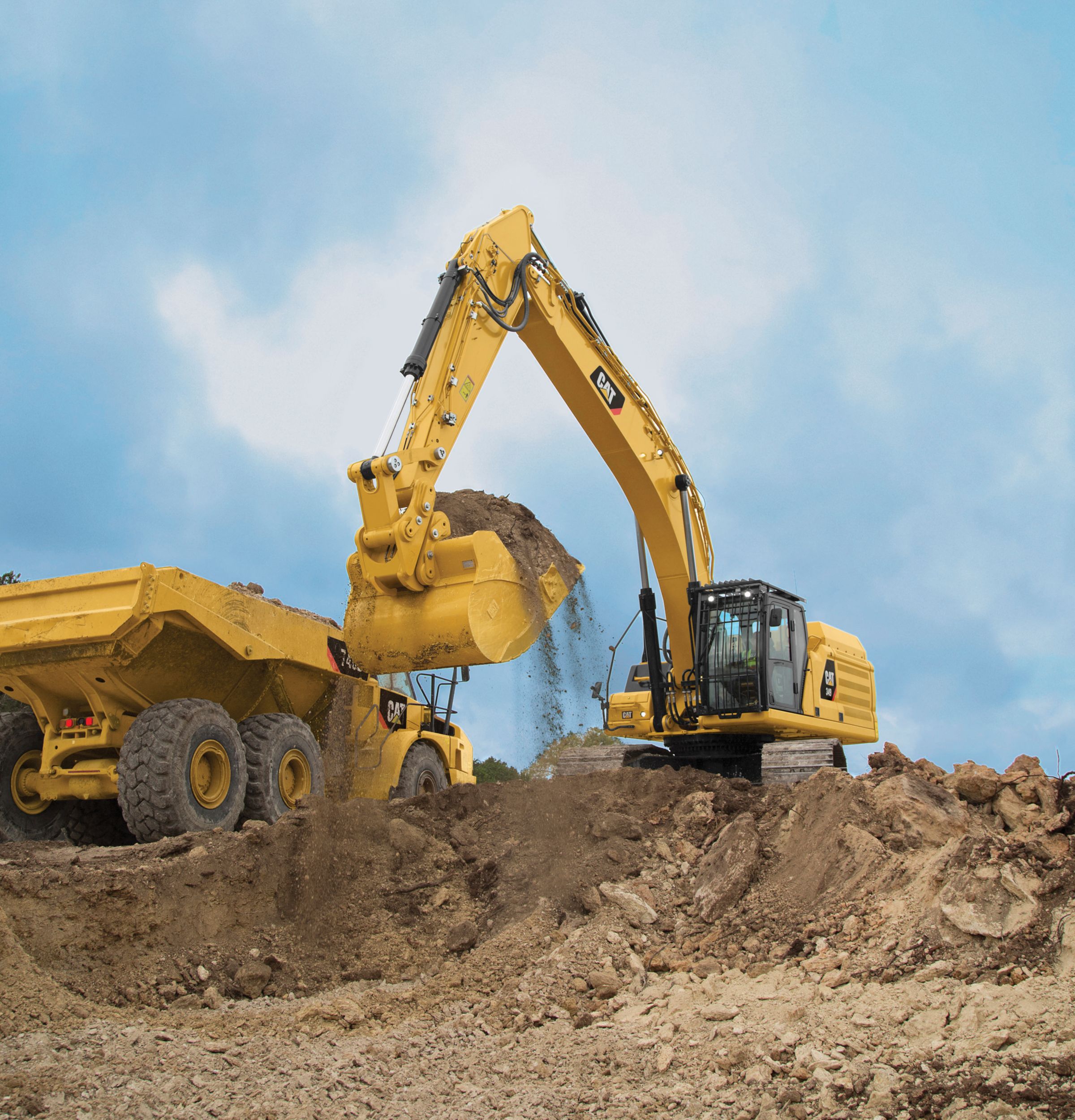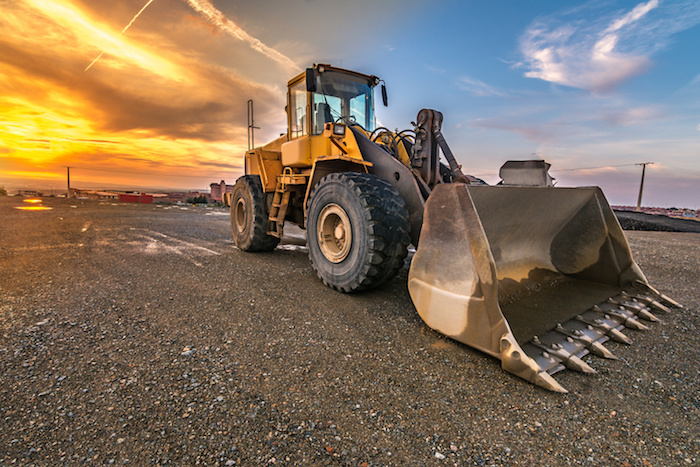Mini Excavator Rental: Compact and Powerful Equipment
Wiki Article
Leasing Vs. Purchasing Building And Construction Tools: Making the Right Selection for Your Job
When beginning on a construction job, one of the important decisions that forecast stakeholders and managers face is whether to rent or purchase building and construction devices. The decision pivots on different elements such as price considerations, project period, equipment maintenance, scalability, adaptability, and risk administration.Cost Considerations
When evaluating the monetary facet of renting out versus purchasing building and construction tools, the upfront costs and long-lasting expenses must be carefully taken into consideration. Renting devices typically calls for reduced initial payments contrasted to acquiring, making it an attractive option for short-term tasks or specialists with spending plan restraints. Leasing gets rid of the need for large capital outlays and decreases the economic risk connected with devices possession, such as upkeep and depreciation costs. Nevertheless, in the future, consistently leasing equipment can build up higher costs than buying, particularly for extended jobs.On the other hand, acquiring construction equipment involves greater in advance costs but can lead to long-term financial savings, especially for long-term tasks or frequent individuals. Possessing tools provides versatility, benefit, and the possibility for resale worth once the project is completed. In addition, having equipment enables modification and knowledge with specific equipment, possibly enhancing performance and performance on-site. Inevitably, the choice in between buying and renting construction equipment rests on the task's period, regularity of use, spending plan considerations, and long-term monetary objectives.
Job Period

On the other hand, for long-term projects or continuous construction work, purchasing equipment might be the more economical choice. Buying tools can lead to set you back savings in the lengthy run, specifically if the tools will be frequently used. Moreover, possessing devices provides a sense of control over its availability and enables modification to fit particular job needs.

Equipment Maintenance
Offered the essential function task period plays in figuring out the most cost-efficient strategy between acquiring and leasing building and construction devices, the focus now shifts in the direction of checking out the essential facet of devices upkeep. On the various other hand, having tools needs an aggressive method to upkeep to prevent breakdowns, make certain safety, and expand the devices's life expectancy. Eventually, a well-maintained building tools fleet, whether leased or had, is essential for the reliable and effective conclusion of building and construction tasks.Adaptability and Scalability
In the world of building equipment management, the element of adaptability and scalability holds substantial significance for task performance and like this source usage. Deciding to rent out construction devices gives a high level of flexibility as it permits for the quick change of devices kinds and quantities based on the progressing demands of a project.Additionally, scalability, one more vital variable, is naturally connected to flexibility. Renting building and construction equipment offers the advantage of quickly scaling procedures up or down as project demands fluctuate. Specialists can promptly trade or include devices to match the job's changing demands without the restrictions of owning properties that may become underutilized or outdated. This ability to scale resources efficiently can lead to price savings and boosted job timelines, making leasing a favorable choice for jobs calling for versatility and responsive resource allotment.
Danger Management
Efficient risk administration in construction equipment procedures is critical to making sure task success and mitigating prospective monetary losses. Building tasks naturally entail numerous risks, such as tools malfunctions, crashes, and project delays, which can considerably affect the project timeline and budget. By carefully taking into consideration the risks related to owning or leasing building and construction equipment, task managers can make enlightened choices to minimize these prospective threats.Renting building and construction tools can provide a degree of danger reduction by transferring the responsibility of repair and maintenance to the rental firm. This can lower the monetary problem on the task proprietor in instance of unforeseen equipment failings (forklift rental). In addition, renting out supplies the adaptability to accessibility specific equipment for certain job phases, minimizing the threat of possessing underutilized equipment
On the other hand, having building and construction tools provides a sense of control over its use and maintenance. Nonetheless, this additionally suggests birthing the complete duty for repair work, upkeep expenses, and depreciation, enhancing the economic threats connected with tools possession. Mindful danger analysis and consideration of aspects such as task period, tools application, and maintenance demands are critical in figuring out the most appropriate option for efficient risk administration in construction projects.
Verdict
In conclusion, when choosing between leasing and buying building and construction tools, it is necessary to think about expense, project duration, tools upkeep, flexibility, scalability, and risk monitoring. Each variable plays a vital duty in establishing the most appropriate choice for the job at hand. By very carefully evaluating these elements, job managers can make an informed choice that straightens with their spending plan, timeline, and total task objectives.
Report this wiki page